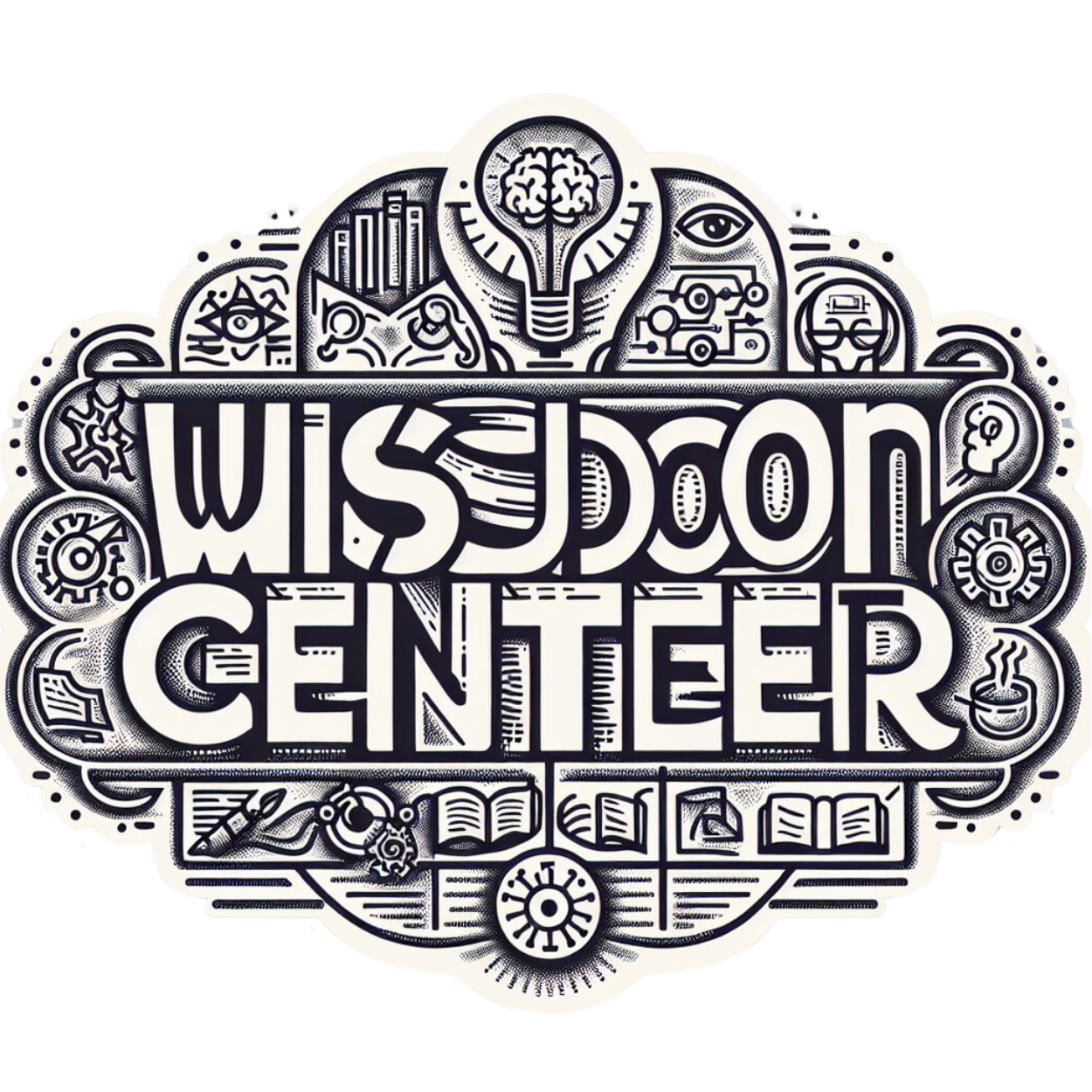In an era dominated by rapid technological advancements and ever-evolving modern practices, the resurgence of ancient wisdom traditions is both intriguing and enlightening. This article delves into how these time-honored practices are making a comeback and their significance in our contemporary world.
Understanding Ancient Wisdom Traditions
Ancient wisdom traditions encompass a range of philosophical, spiritual, and practical knowledge passed down through generations. These traditions often include holistic approaches to health, ethical living, and harmonious existence with nature. Examples include:
- Eastern Philosophies: Practices like Buddhism, Taoism, and Confucianism offer profound insights into the nature of existence and personal development.
- Indigenous Knowledge: Native American, Aboriginal, and other indigenous cultures possess deep environmental and spiritual wisdom.
- Mediterranean Practices: Ancient Greek and Roman philosophies, including Stoicism and Epicureanism, provide timeless advice on achieving a balanced life.
The Modern Revival
1. Increased Interest in Holistic Health: Modern society’s growing focus on wellness has led to a renewed interest in ancient practices such as Ayurveda, Traditional Chinese Medicine (TCM), and yoga. These systems emphasize a balance between mind, body, and spirit, often incorporating natural remedies and lifestyle adjustments.
- Ayurveda: An ancient Indian system of medicine that promotes balance through diet, herbal treatments, and lifestyle practices.
- Yoga: Originating from India, yoga combines physical postures, breath control, and meditation to enhance overall well-being.
- TCM: Emphasizes the balance of Qi (life force) and utilizes herbs, acupuncture, and dietary adjustments to maintain health.
2. Mindfulness and Meditation: Mindfulness practices rooted in Buddhism have gained widespread popularity for their mental health benefits. Meditation techniques from ancient traditions are now commonly used to reduce stress, improve focus, and enhance emotional resilience.
3. Sustainable Living: Ancient practices often emphasize living in harmony with nature, a concept that resonates with the modern sustainability movement. Traditional agricultural practices, permaculture, and natural building techniques are being revisited to address environmental challenges.
4. Ethical and Philosophical Insights: Philosophies like Stoicism and Confucianism are experiencing a resurgence as people seek wisdom on handling life’s challenges with grace and integrity. Modern adaptations of these philosophies offer practical advice for personal growth and ethical living.
Integrating Ancient Wisdom into Modern Life
1. Educational Programs and Workshops: Many institutions and wellness centers now offer courses and workshops that integrate ancient wisdom with contemporary practices. These programs help individuals explore and apply ancient teachings in a modern context.
2. Technology and Tradition: Advancements in technology have enabled the digital dissemination of ancient wisdom. Apps, online courses, and virtual communities make it easier for people to access and practice these traditions from anywhere in the world.
3. Cultural Revival: Museums, cultural organizations, and media outlets are increasingly highlighting ancient traditions, fostering a greater appreciation and understanding among modern audiences. This cultural revival helps preserve and promote these valuable practices.
4. Personal Practice: Individuals are incorporating ancient wisdom into their daily routines through practices like mindfulness meditation, herbal remedies, and ethical decision-making. Personal experiences often highlight the relevance and benefits of these age-old traditions.
The Benefits of Embracing Ancient Wisdom
1. Enhanced Well-being: Ancient wisdom practices, such as meditation and holistic health approaches, contribute to improved mental, emotional, and physical well-being.
2. Environmental Sustainability: Ancient practices often emphasize sustainable living, which aligns with modern efforts to address environmental issues and promote eco-friendly lifestyles.
3. Personal Growth: Philosophical teachings from ancient traditions provide valuable insights for personal development and ethical living, fostering resilience and a deeper understanding of oneself.
4. Cultural Preservation: Reviving ancient wisdom helps preserve cultural heritage and promotes cross-cultural understanding, bridging the gap between past and present.
Challenges and Considerations
While the revival of ancient wisdom is promising, there are challenges to consider:
- Authenticity: Ensuring the accurate representation and application of ancient practices is crucial to maintaining their integrity.
- Cultural Sensitivity: Respecting the origins and cultural contexts of these traditions is essential to avoid appropriation and misinterpretation.
- Integration: Balancing ancient wisdom with modern practices requires careful consideration to address contemporary needs and challenges effectively.
Conclusion
The revival of ancient wisdom traditions offers a rich tapestry of insights and practices that can enhance our modern lives. By embracing these timeless teachings, we can foster greater well-being, sustainability, and personal growth. As we navigate the complexities of the modern world, integrating ancient wisdom provides a valuable compass for achieving a harmonious and balanced life.


